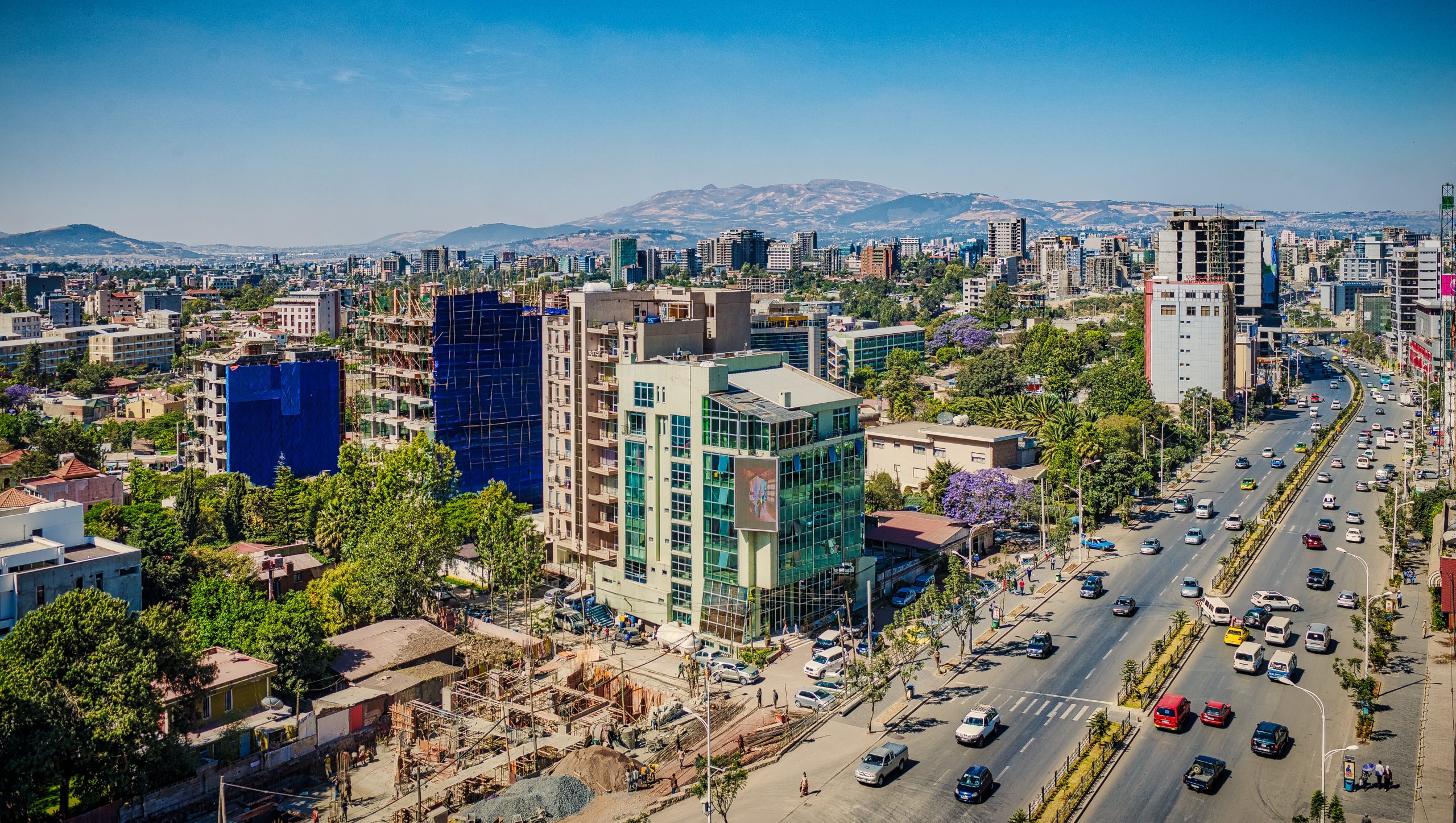Africa Higher Education Health Collaborative
Since 2021, U of T is partnering with the Mastercard Foundation and 8 leading African Institutions, including Amref International University, Addis Ababa University (AAU), African Leadership University (ALU), African Institute for Mathematical Sciences (AIMS), Ashesi University, Kwame Nkrumah University of Science & Technology (KNUST), Moi University and University of Cape Town (UCT). Through this partnership, U of T supports the strengthening of health sectors in various African countries, starting in Ethiopia, Ghana, Kenya, Rwanda and South Africa. Our collective goal is to improve quality healthcare delivery, and create economic growth for African youth in primary healthcare, with a focus on women.
Over a course of ten years the Collaborative will, as a network, develop a suite of programs that focuses on, (1) Health Employment – building and strengthening the capacity of healthcare students and professionals to meet the growing demand for primary health care (PHC); (2) Health Entrepreneurship – optimizing the entrepreneurial ecosystems in and through African universities to support young people to launch and scale health startups and create jobs, and; (3) Health Ecosystems – enabling students to acquire advanced skills across a broad range of disciplines critical for sustainable development and growth in health sectors.

